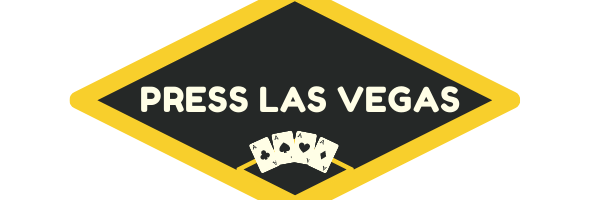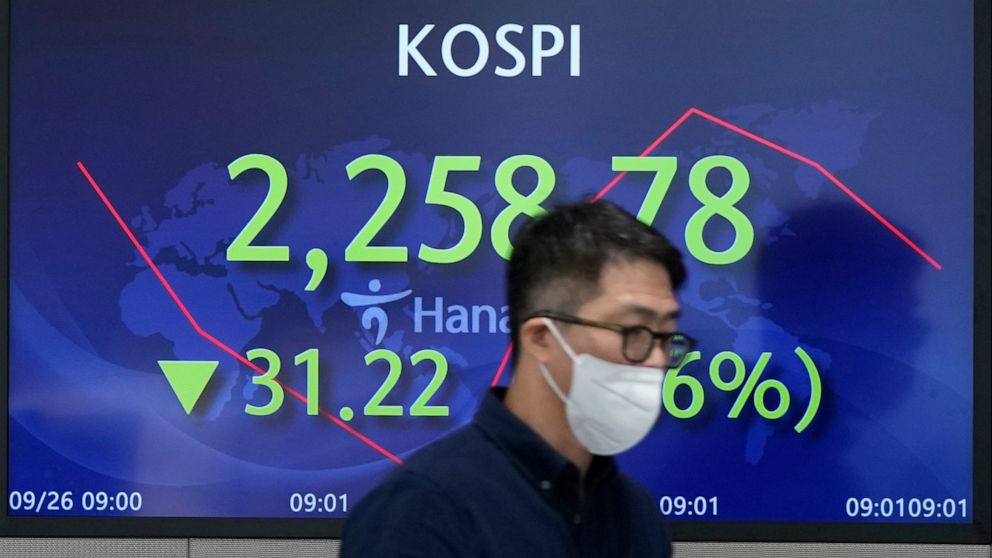Inflation drops to 9.9% – what does it mean for your savings?

Ms Haine said: “Some households have already slashed expenditure to the max, leaving them little wiggle room for those unexpected expenses that crop up.”
However, the personal finance expert places a strong emphasis on reprioritising to ease the burden.
Ms Haine explained: “For those teetering on the edge of a debt problem, make clearing high-interest credit card balances a priority over saving or investing. You’re not going to out-save or out-invest an annual credit card rate of 20 percent or more.”
In a more positive spin, Ms Haine points out people’s individual inflation numbers may be lower than the headline rate, as it depends entirely on what people spend their money on.
She said: “The ONS calculates CPI from a virtual basket of 700 items to represent the goods and services that consumers typically purchase – from everyday buys such as milk and bread to big-ticket items such as a car or flights.
“If you don’t spend on the items with the biggest price rises, you may be looking at a lower personal inflation figure.”
What does the inflation rate mean for savings and pensions?
For savers, the inflation rate has a slightly more positive impact.
Ms Haine said: “Consumers may now be able to find easy-access accounts with rates as high as 1.85 percent and fixed-interest rates of 3.75 percent – the highest level in more than a decade thanks to the BoE’s spate of interest rate rises – but this is still no match for inflation of almost 10 percent.
[ad_2] File source



